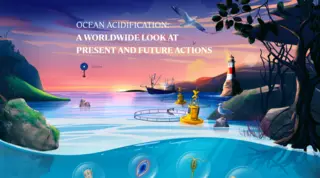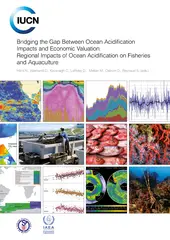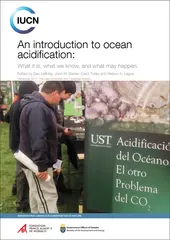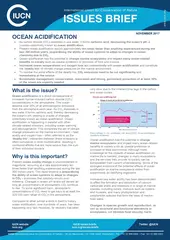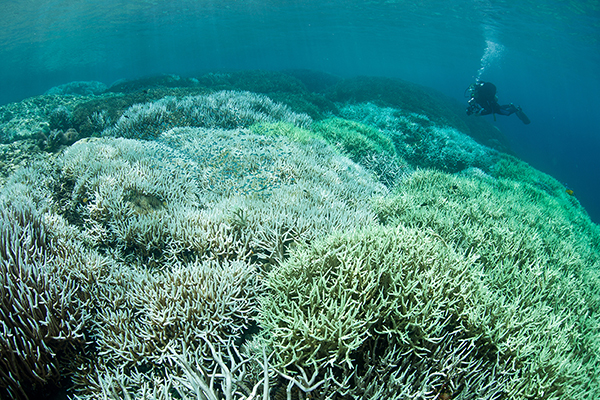Ocean acidification
The oceans have absorbed between 24% and 33% of anthropogenic carbon dioxide (CO2) emissions during the past five decades. While this uptake provides a valuable service to human societies by moderating the rate and severity of climate change, it comes at a cost for the oceans. The massive input of CO2 generates sweeping changes in the chemistry of seawater, especially on the carbonate system. These changes are collectively referred to as “ocean acidification” because increased CO2 lowers seawater pH (i.e. increases its acidity).
IUCN has been working on the issue of Ocean Acidification (OA) for nearly two decades, notably as the host for the OAiRUG, the international reference user group for OA. This working group of scientific experts convened to distill the latest science on OA and to translate its findings into policy advice for governments, policy makers and other practitioners. A selection of outputs from this working group are listed below.
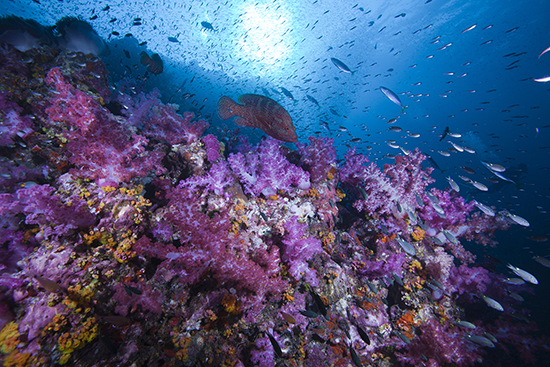
Coral reefs are among the ecosystems most vulnerable to ocean acidification
Photo: Shutterstock
Having raised understanding of OA at global level, IUCN turned its attention to building regional capacity to tackle OA. With support from the Fondation Prince Albert II, IAEA and the Swedish Ministry of Environment, IUCN held a series of regional workshops to identify regional specificities, knowledge and capacity gaps, research needs and opportunities to work collaboratively across the regions concerned: Latin America & the Caribbean (LAC), the Western Indian Ocean (WIO) and the Mediterranean. For two of the regions concerned, LAC and WIO, policy roadmaps were developed to guide policy discussions at international level.
IUCN has now turned its attention to raising awareness on ocean climate multi-stressors, of which OA is a component, and how to address them.
- Ocean Acidification Action Plan for Latin America & the Caribbean - English/French
- Introduction to Ocean Acidification - English
- Bridging the Gap Between Ocean Acidification Impacts and Economic Valuation: Regional Impacts of Ocean Acidification on Fisheries
- Ocean Acidification - International Policy and Governance Options
- Acting on Ocean Acidification - Executive Summary
- The Monaco Ocean Acidification Action Plan
- Ocean acidification - Questions Answered
- Ocean Acidification: The Facts
Resources in other languages
- Introduction à l’acidification de l’océan (French)
- Agir contre l'Acidification de l'Ocean - Sommaire Executif (French)
- Monaco Plan d'Action sur l'Acidification des Océans (French)
- L'acidification des océans : questions [et] réponses (French)
- Introducción a la acidificación oceánica (Spanish)
- Intervenir en la acidificación de los Oceanos - Resumen Ejecutivo (Spanish)
- Acidificación oceánica : preguntas y respuestas (Spanish)
- Ocean Acidification Action Plan for Latin America & the Caribbean - Spanish/Portuguese
- Ocean acidification : questions answered (Arabic version)
- Ocean acidification - questions answered (Chinese version)
